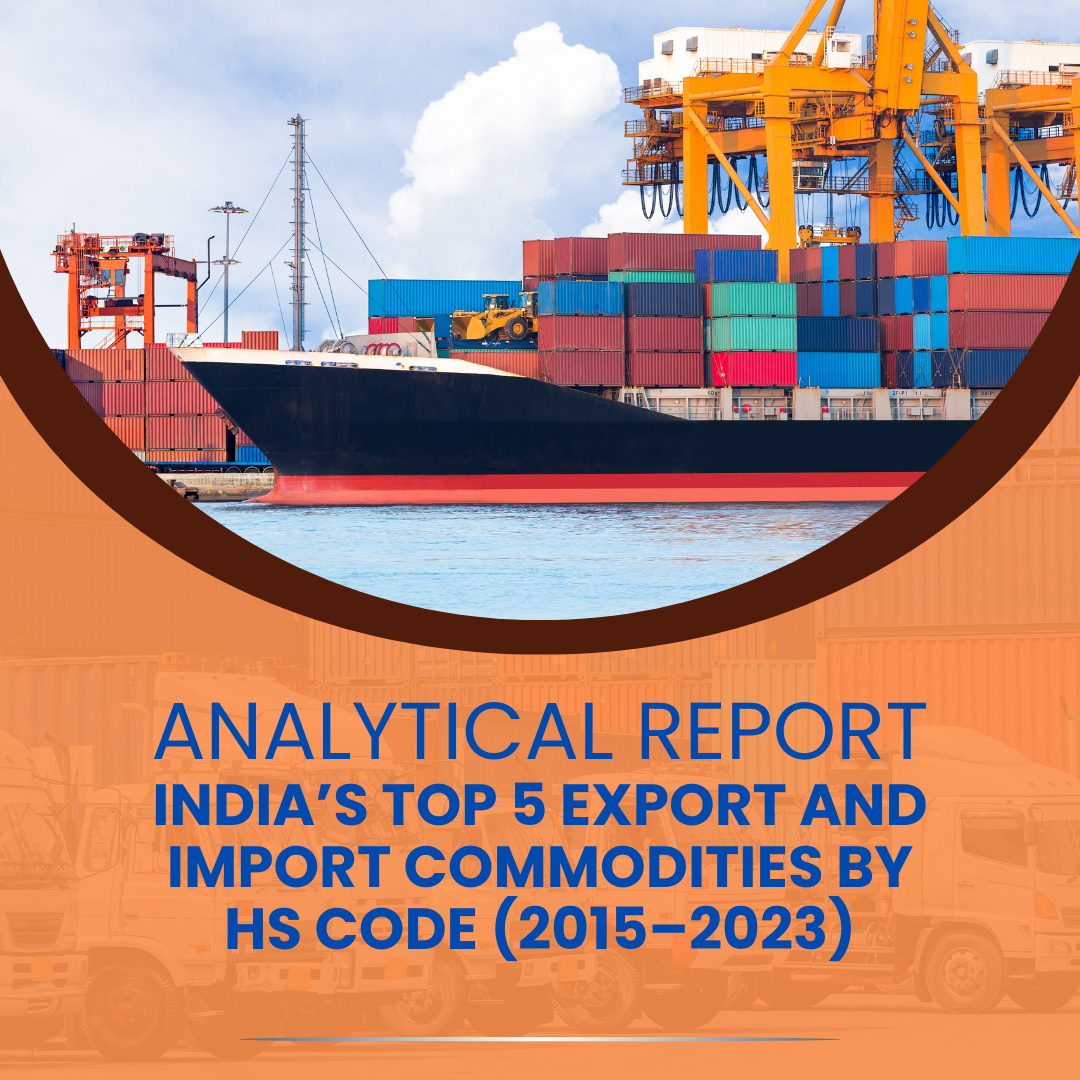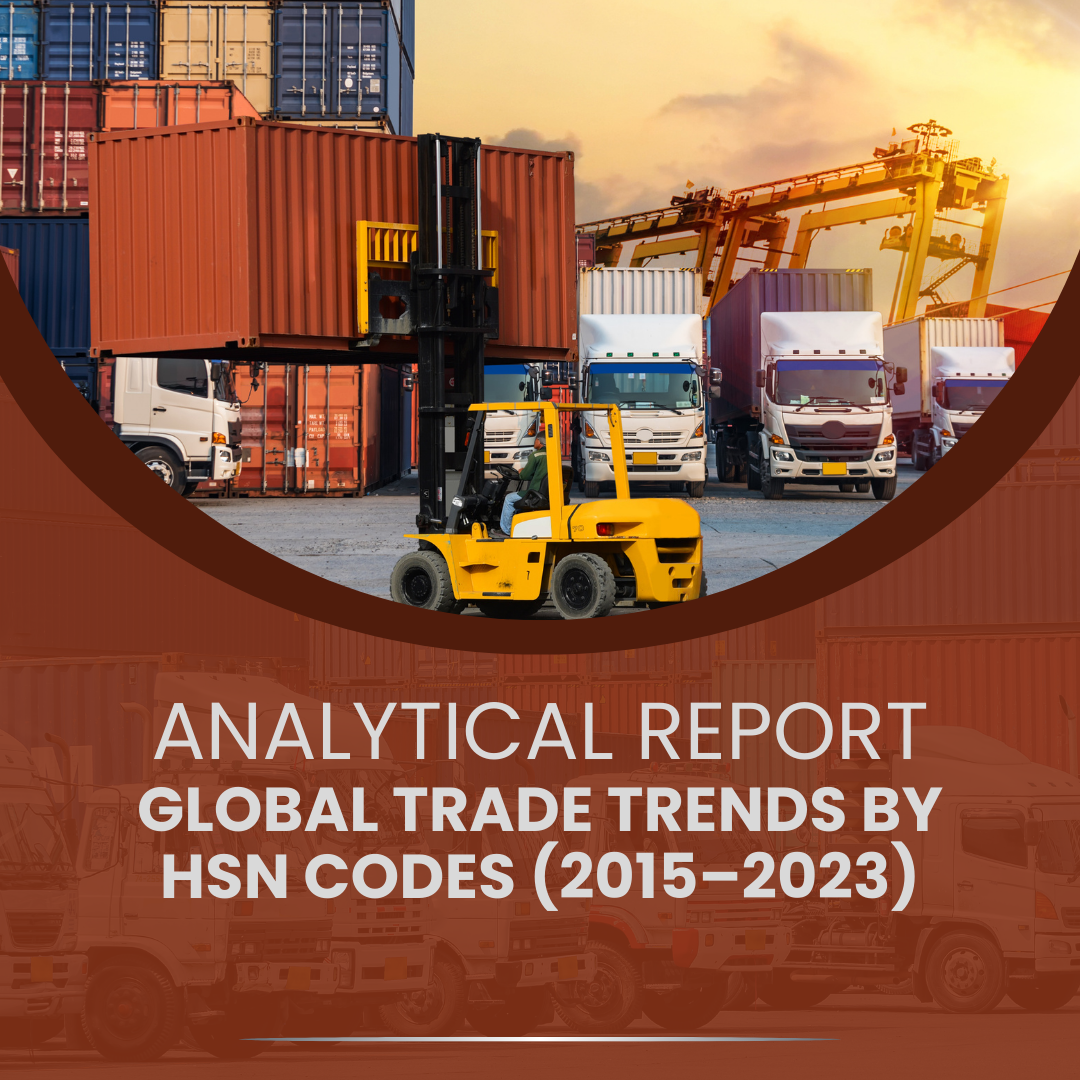
HTS (Harmonized Tariff Schedule) classification plays a pivotal role in global trade compliance, shaping the foundation for accurate customs duties, proper documentation, and seamless international trade operations. In an increasingly globalized economy, the importance of effective HTS classification cannot be overstated. This article explores the current trends, challenges, and technological advancements shaping the future of HTS classification, emphasizing the indispensable role of top trade compliance specialists.
Understanding HTS Classification and Its Role in Global Trade
What is HTS Classification?
The Harmonized Tariff Schedule is an internationally standardized system for classifying traded goods. It assigns numerical codes to products, determining tariff rates and regulatory requirements. HTS classification serves as the cornerstone of trade compliance, ensuring that businesses adhere to the complex web of international trade laws.
Impacts on Global Trade Compliance
Accurate HTS classification facilitates:
- Customs compliance by ensuring proper payment of duties and adherence to import/export regulations.
- Export compliance, minimizing risks of fines or shipment delays.
- Seamless integration with ctpat trade compliance measures, safeguarding global supply chains.
Connecting Compliance Programs
HTS classification intersects with broader trade compliance programs to support businesses in navigating regulatory landscapes. From import-export compliance to international trade compliance, it ensures smooth cross-border operations.
The Growing Complexity of Trade Compliance in a Globalized World
Dynamic Global Trade Regulations
With international trade becoming increasingly intricate, businesses face ever-changing regulatory requirements. Ctpat compliance has risen to prominence, emphasizing security and risk mitigation in supply chains.
The Need for Expertise
A top trade compliance specialist is indispensable for managing these complexities. They provide strategic guidance, interpret evolving trade agreements, and ensure businesses remain compliant across diverse jurisdictions.
Technological Innovations in HTS Classification
The Role of OCR in Trade Compliance
Optical Character Recognition (OCR) technology has revolutionized HTS classification by automating data extraction and reducing human error. OCR trade compliance tools are empowering businesses to achieve higher accuracy and efficiency.
AI and Machine Learning in Compliance Programs
Artificial intelligence (AI) is poised to reshape trade compliance programs, offering predictive analytics for tariff changes, automating classification, and identifying discrepancies. These technologies support export compliance consultants and trade compliance consulting firms in delivering superior results.
Integration of Trade Compliance Programs Across Industries
The Case for Integrated Programs
An integrated trade compliance program aligns HTS classification with broader compliance initiatives, streamlining processes across industries. This approach:
- Reduces redundancies.
- Enhances compliance with international trade compliance standards.
- Mitigates risks through proactive identification of non-compliance issues.
The Specialist’s Role
A top trade compliance specialist drives the development and maintenance of such programs, ensuring businesses adapt to regulatory shifts.
The Rising Demand for Trade Compliance Consulting
The Growth of Consulting Services
As regulations grow more complex, businesses increasingly rely on export compliance consultants and trade compliance consulting firms. These experts offer tailored strategies for import-export compliance, helping businesses navigate evolving challenges.
The Specialist Advantage
Employing a top trade compliance specialist enables organizations to streamline their processes and meet stringent compliance standards effectively.
Challenges and Opportunities in Trade Compliance
Managing Regulatory Changes
The rapid pace of regulatory updates presents significant challenges. Continuous training and development are essential for top trade compliance specialists to remain effective.
Adapting to New Trade Agreements
Future trade agreements may introduce new compliance requirements, necessitating agile and adaptable strategies from businesses.
Conclusion
The future of HTS classification is intricately tied to advancements in technology and the expertise of top trade compliance specialists. As global trade regulations continue to evolve, businesses must invest in integrated compliance programs and leverage cutting-edge technologies to stay competitive. By partnering with experts and embracing innovation, organizations can navigate the complexities of global trade with confidence and precision.
Key Takeaways:
- HTS classification is central to customs compliance, export compliance, and ctpat compliance.
- Technological advancements like OCR and AI are transforming trade compliance programs.
- Consulting services led by top trade compliance specialists are critical for navigating future challenges in international trade compliance.




